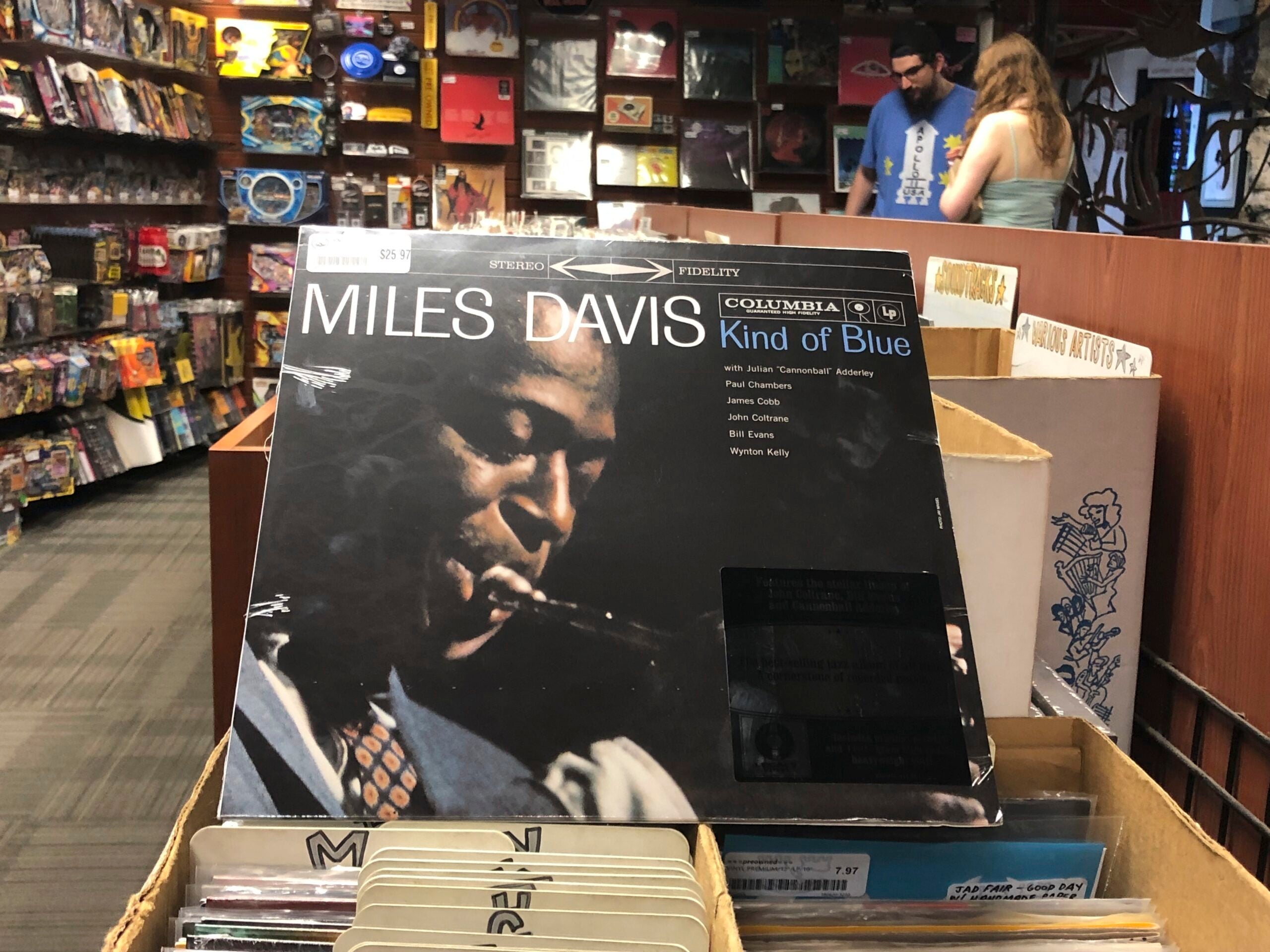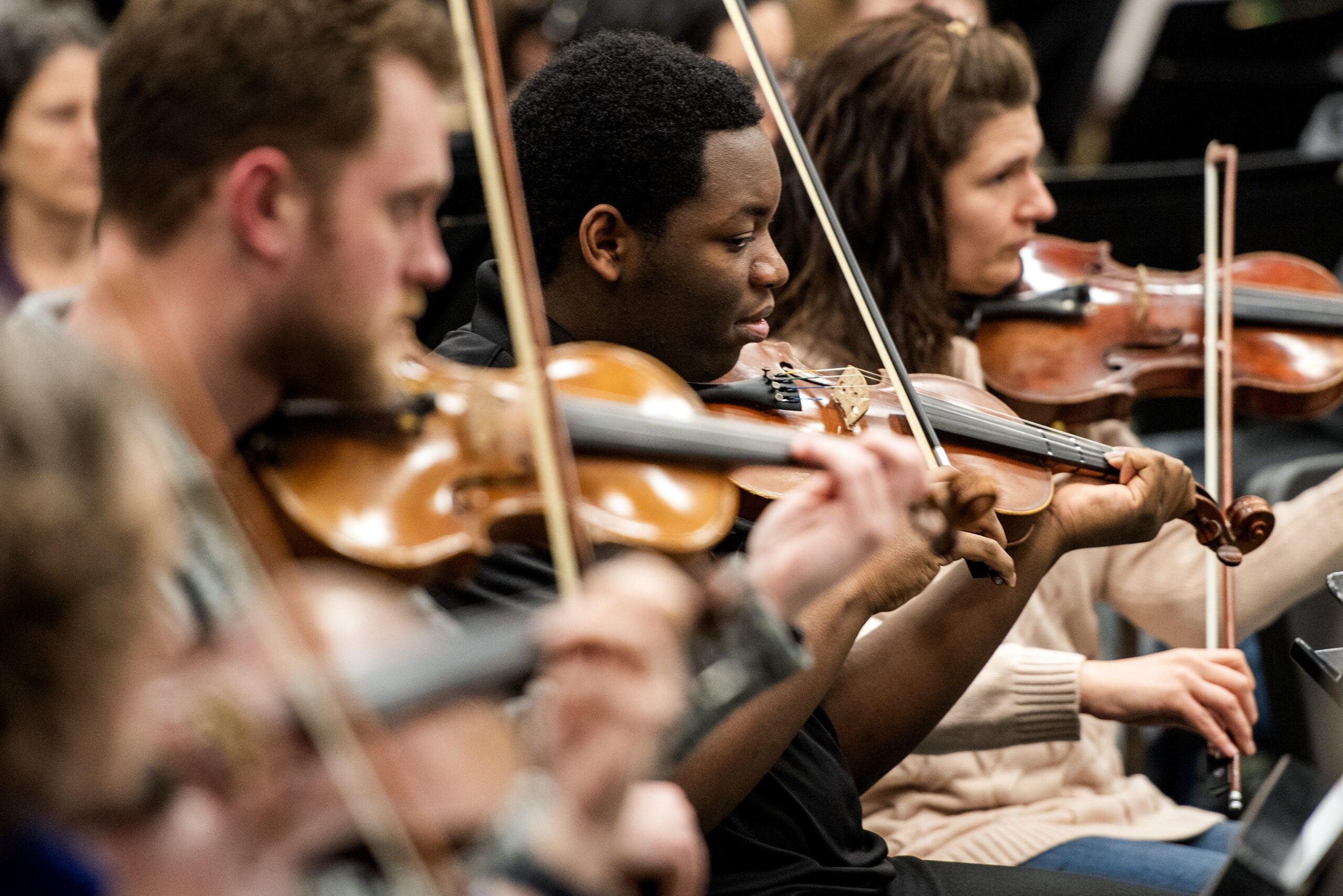President Trump announced that the United States would recognize Jerusalem as the capital of Israel, breaking with the stance of past administrations. We look into the implications of the decision with a foreign affairs correspondent. New research shows that music triggers parts of our brain related to movement, speech, and emotion. We talk about the ways music goes beyond raw sound. Plus, we find out how effectively Wisconsin’s largest school districts responded to recent open records requests.
Featured in this Show
-
Many School Districts Late In Responding To Open Records Requests
A recent experiment submitted open records requests to the state’s largest school districts, and many of them failed to respond within the 10-day time frame established by Governor Walker in 2016. We look at which districts were tardy in responding and why those behind the effort think it’s important for schools to be more transparent.
-
Music Is More Than Just The Notes
When your favorite guitarist headbangs violently to the music, it’s not just for looks.
That’s because music isn’t just an audible medium. What you see can change your experience of a song, says Elizabeth Hellmuth Margulis, associate professor and director of the Music Cognition Lab at the University of Arkansas.
“The expressivity displayed in movements, and kind of the visual channel, can sometimes even dominate the content of what you’re hearing and the sounds themselves,” she says.
Margulis points to a study that found music performed in an expressive way was rated more highly by an audience than the same music performed in a restrained, or deadpan manner. Moreover, there was only a difference in ratings between the two performance styles when the audience could both see and hear the music.
In another study, researchers played audio of a percussionist playing a short note over video of a percussionist playing a long note. The video had an impact: study participants thought the note was longer than it was, because they were seeing the hand movements of a long note.
It’s not just looks that can change a musical experience. Pre-existing information — what you already know about a musician or piece of music — can also alter your perception of what you’re about to hear.
When you know you’re about to hear your favorite musician, it sounds better to you.
Back in 2007, the Washington Post tested this theory, dropping Grammy-winning violinist Joshua Bell into a D.C. Metro Station. While Bell may not be recognizable by face, he’s known as one of the world’s greatest musicians.
Would Washington, D.C., commuters in rush hour recognize his talent?
“Instead of people stopping in their tracks and having this kind of revelatory experience in the morning, they kind of shuffled right by,” Margulis said.
She says emotion can also play a part in how you perceive music. Some songs just sound better when you’re in a contemplative mood. Others are only appealing when you’re happy.
However, with more ambiguous music, that could be interpreted either way, just seeing images of performers can change the mood you perceive the music to be. When you see happy performers, you think the song is happy, too.
To Margulis, it’s a prime example of how music is more than just music notes.
“To me, the fact that all this research is showing how integrated music is with all of our other human capacities, really reinforces its connectedness and its more central role in our lives,” she said.
-
Music Is More Than Sound
Music is generally considered an auditory experience, but a growing body of research shows that there isn’t a single section of the brain that lights up when we hear music — instead, a network of regions related to speech, emotion, motor control and others activate. An expert talks to us about the neuroscience of music and how our bodies and minds experience it.
-
Trump Recognizes Jerusalem As Israeli Capital
In a break from the last several decades of U.S. policy towards Jerusalem, President Trump announced yesterday that he was recognizing the city as the capital of Israel. The decision has gotten criticism from leaders across the Middle East and Europe, and has raised concerns about the impact it would have on any potential peace talks between Palestinians and Israelis. A foreign affairs reporter shares the latest.
Do you agree with the Trump administration’s decision? What impact do you think it will have on a future Mideast peace process?
Let us know by emailing ideas@wpr.org
You can also contact us here:
Tweet: @centraltimewpr
Facebook: https://www.facebook.com/theideasnetwork/
Call during showtime: 1-800-642-1234
Episode Credits
- Rob Ferrett Host
- Dean Knetter Producer
- Haleema Shah Producer
- Libby Sobic Guest
- Elizabeth Hellmuth Margulis Guest
- Nahal Toosi Guest
Wisconsin Public Radio, © Copyright 2025, Board of Regents of the University of Wisconsin System and Wisconsin Educational Communications Board.



